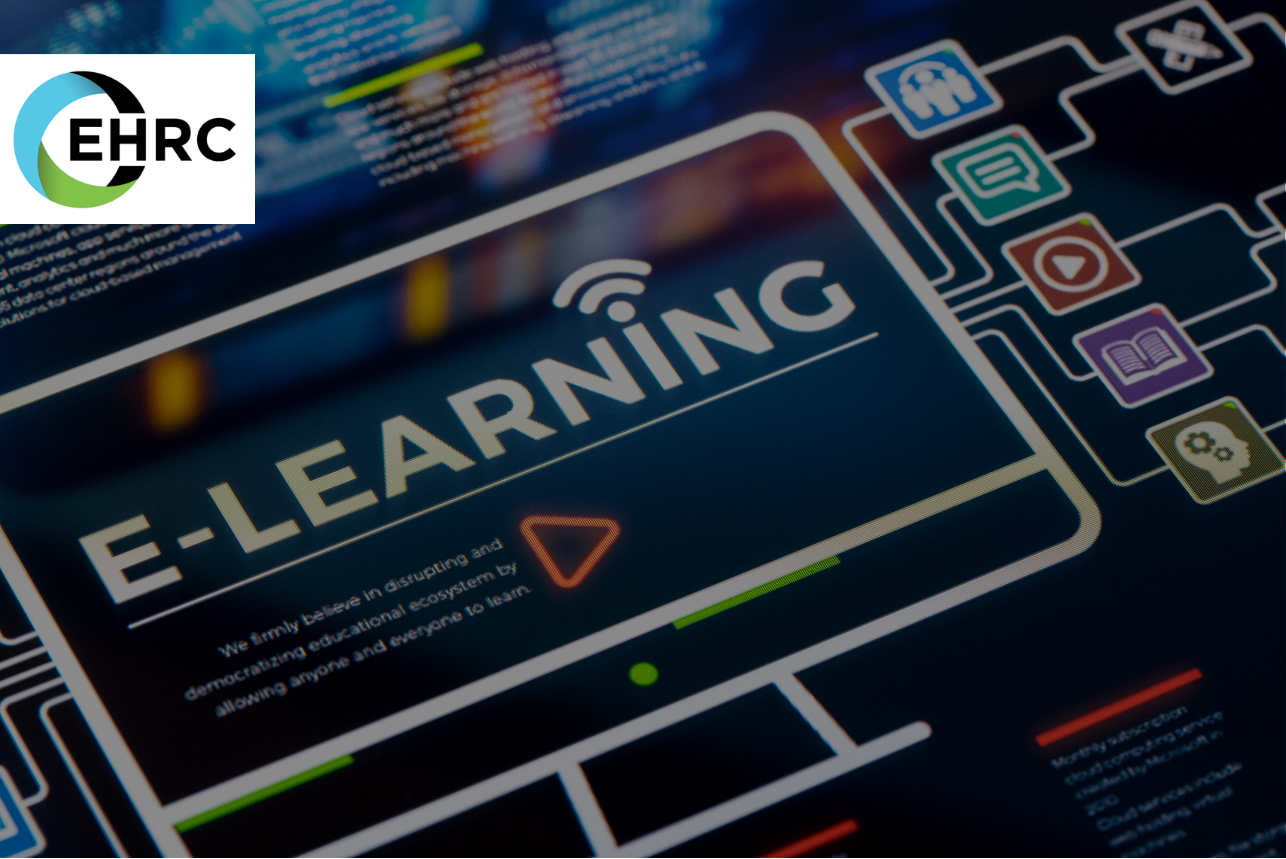
The Importance of eLearning in Healthcare: Empowering a Smarter Workforce
In today’s fast-evolving healthcare landscape, staying current isn’t optional—it’s essential. From new technologies to shifting compliance standards, healthcare professionals must constantly adapt to deliver high-quality care. That’s where eLearning steps in, offering an accessible, flexible, and effective solution to keep healthcare teams at the top of their game.
Why eLearning Matters in Healthcare
Healthcare is one of the most complex and regulated industries in the world. Traditional training methods—think day-long seminars or printed manuals—often struggle to keep up with the fast pace of change. eLearning bridges that gap by providing:
1. Flexible, On-Demand Learning
Healthcare professionals are always on the go. eLearning allows them to access training anytime, anywhere—between shifts, at home, or even on a mobile device. This flexibility makes continuous education more attainable and less disruptive.
2. Consistent, Standardized Training
With eLearning, organizations can ensure every team member receives the same high-quality training, whether they’re in a large hospital or a remote clinic. Standardization reduces errors, improves compliance, and enhances patient safety.
3. Scalable Solutions for Growing Teams
As healthcare organizations grow, onboarding and training become increasingly complex. eLearning platforms scale effortlessly, making it easy to train new hires, roll out system updates, or certify staff across departments.
4. Data-Driven Learning
Modern eLearning platforms provide insights into learner progress, knowledge gaps, and course effectiveness. These analytics empower administrators to fine-tune training programs for better outcomes.
5. Improved Engagement and Retention
Interactive modules, videos, quizzes, and real-world scenarios keep learners engaged. Studies show that this kind of active learning boosts retention—so staff can apply what they’ve learned where it matters most: at the bedside or behind the screen.
eLearning + Healthcare Technology: A Vital Combination
The shift to digital health tools like Electronic Health Records (EHRs), telehealth, and AI-driven systems demands tech-savvy staff. eLearning supports this shift by offering practical, system-specific training that boosts user confidence and adoption rates.
At EHR Concepts, we’ve seen firsthand how eLearning transforms healthcare teams. Our solutions are built not just to teach—but to empower. Whether you’re rolling out a new EHR or strengthening cybersecurity awareness, the right training makes all the difference.
The Future Is Flexible, Digital, and Smart
As the industry continues to evolve, so must our approach to education. eLearning isn’t just a trend—it’s a strategic advantage. It enables healthcare providers to build a workforce that’s agile, informed, and ready for what’s next.
Ready to future-proof your workforce with eLearning?
Explore how EHR Concepts can help: ehrconcepts.com/learning
info@ehrconcepts.com or 1.888.674.0999









